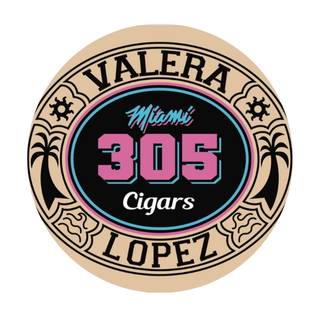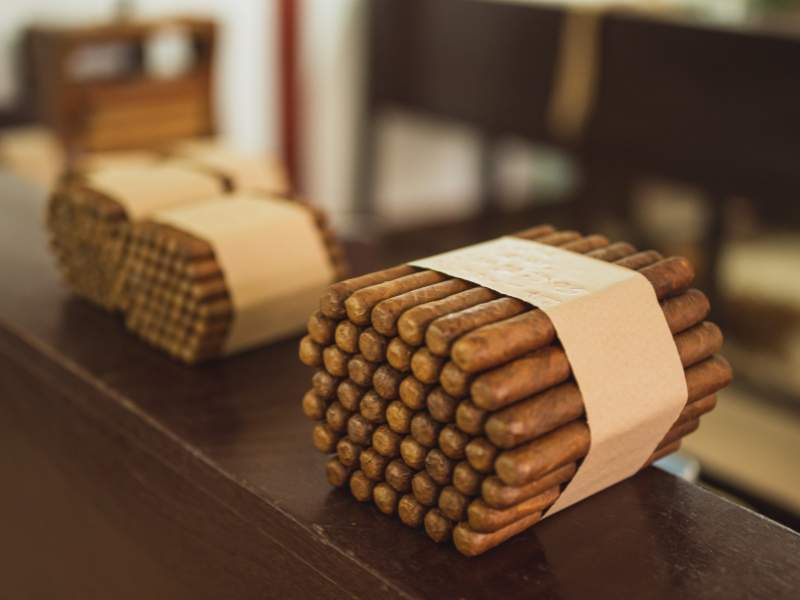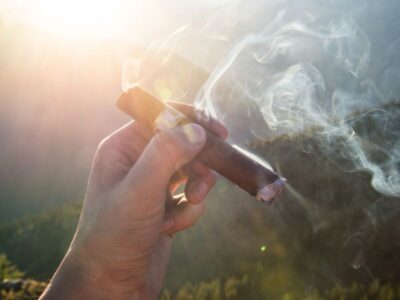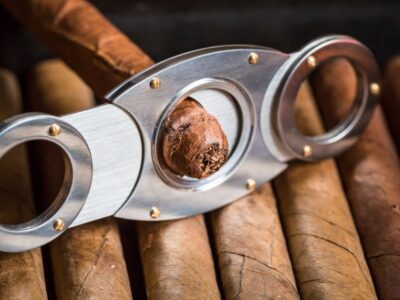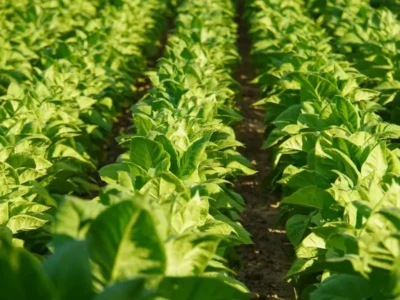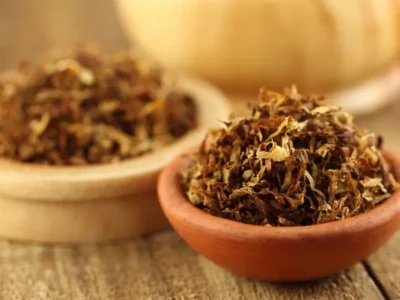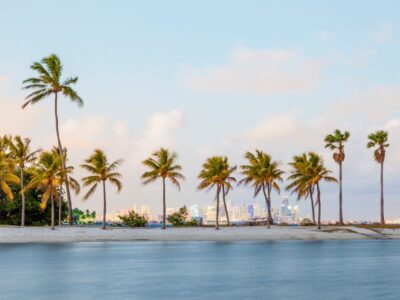When it comes to premium cigars, one of the most common debates among aficionados centers on Cuban vs. non-Cuban cigars. Cuban cigars are often celebrated as the gold standard, thanks to their reputation for quality, tradition, and rich, distinct flavors. However, non-Cuban cigars, produced in regions like the Dominican Republic, Nicaragua, and Honduras, have gained global recognition for their own craftsmanship and unique blends. This article dives into the core differences, similarities, and the deciding factors when choosing between these two.
Thank you for reading this post, don't forget to subscribe!The History and Legacy of Cuban Cigars
Cuban cigars trace their legacy back to the island’s indigenous Taíno people, who introduced tobacco to European explorers in the 15th century. By the early 1800s, Cuban cigars had secured their status as luxury products in Europe and beyond. Following the Cuban Revolution and subsequent U.S. embargo in the 1960s, Cuban cigars gained an almost mythical allure, becoming symbols of exclusivity and prestige. This long history of tradition has made Cuban cigars synonymous with authenticity in the cigar world.
In contrast, non-Cuban cigars have more recent origins. After the embargo, Cuban families relocated to places like the Dominican Republic and Nicaragua, bringing their tobacco expertise with them. These regions quickly adapted, creating distinct flavors and styles that are now widely respected and loved.
Non-Cuban Cigars: Expanding the Global Cigar Scene
While Cuban cigars have the legacy, non-Cuban cigars have brought variety and innovation. Countries like Nicaragua, the Dominican Republic, and Honduras produce cigars with unique flavors and strengths that are unmatched in their diversity. Many non-Cuban cigars are praised for their consistency and quality, and some aficionados argue that the variety in non-Cuban cigars makes them more interesting to explore.
Key Differences in Tobacco Origins and Flavors
The flavor of a cigar is largely influenced by its origin, with Cuban and non-Cuban cigars showcasing distinct characteristics rooted in the unique soil and climate of their regions. Cuban cigars, thanks to Cuba’s fertile Vuelta Abajo region, are known for their earthy, complex flavors, often described as smooth yet rich. Their flavors have a signature spice and a creamy quality that many enthusiasts recognize immediately.
Non-Cuban cigars, sourced from places like Nicaragua and the Dominican Republic, offer a much wider range of flavors. Nicaraguan cigars, for example, tend to have bold, robust profiles with notes of pepper, leather, and chocolate, while Dominican cigars are often milder, with a smoother, creamy taste. This diversity allows non-Cuban cigars to cater to a broader spectrum of tastes, with each country imparting its own unique terroir to the tobacco.
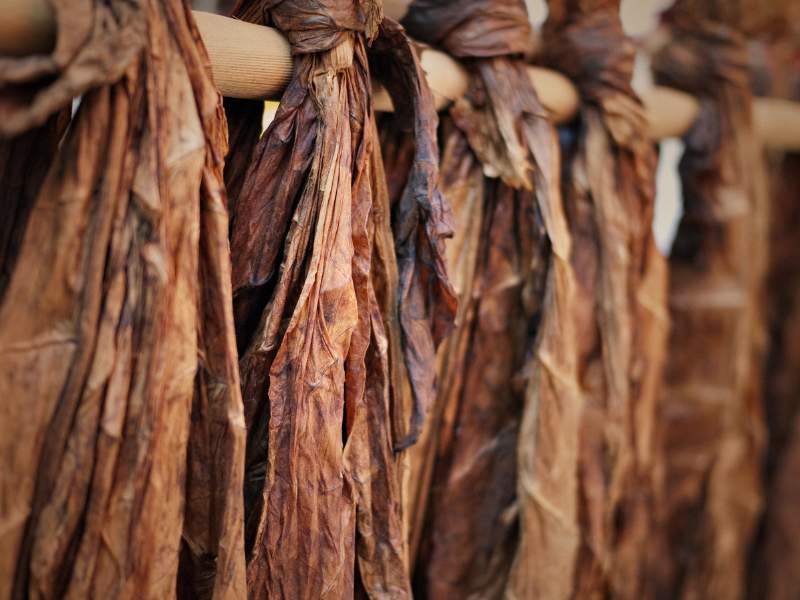
Manufacturing Process: Cuban Techniques vs. Non-Cuban Innovations
Cuban cigars are still handmade using traditional methods that have been passed down through generations. Each Cuban cigar goes through a strict quality control process, with highly skilled torcedores (cigar rollers) handling each cigar. This artisanal approach is one reason Cuban cigars are so revered, though it can sometimes lead to slight inconsistencies from cigar to cigar.
On the other hand, non-Cuban cigar makers have embraced both tradition and innovation. Many factories in the Dominican Republic and Nicaragua, for example, blend tobaccos from different regions and use modern curing and fermentation processes to enhance consistency and depth of flavor. Some aficionados appreciate this consistency, especially since the blend and quality are more likely to be the same with each purchase.
Price Differences and Market Value
Cuban cigars often come with a premium price tag due to their reputation and limited availability, especially in markets where they’re considered rare or difficult to obtain. However, many non-Cuban cigars are just as high-quality, often at a more accessible price point. Nicaragua and the Dominican Republic, in particular, produce cigars that are celebrated worldwide for quality without the hefty price tag that Cuban cigars carry.
Legal Status and Availability Around the World
One of the key differences between Cuban and non-Cuban cigars is their legal status and availability. Due to the long-standing U.S. embargo, Cuban cigars have been banned in the United States since the 1960s, making them a rare find in one of the largest cigar markets in the world. Although some restrictions have eased over the years, Cuban cigars remain generally hard to come by in the U.S., adding to their allure.
Non-Cuban cigars, however, are widely accessible, and regions like the Dominican Republic and Nicaragua have grown significantly in popularity within the United States and Europe. Because of their easy availability, non-Cuban cigars are often the preferred choice for enthusiasts who appreciate high-quality options without the legal and logistical obstacles.
Are Cuban Cigars Really Superior? Debunking the Myths
The notion that Cuban cigars are inherently superior is widely debated. While Cuban cigars are indeed unique and offer a rich heritage, many experts argue that non-Cuban cigars can match or even surpass them in quality and flavor. The idea of Cuban cigars as the «gold standard» is partly due to their historical reputation and the mystique created by their limited availability.
In reality, the quality of a cigar depends more on individual preference and the skill of the roller rather than the origin alone. Many premium non-Cuban cigars are made by master rollers with generations of experience, using meticulously selected tobaccos that provide distinctive flavors. Ultimately, both Cuban and non-Cuban cigars have top-tier options, and the best choice comes down to personal preference.
Choosing the Right Cigar for Your Preference
For those exploring the world of cigars, deciding between Cuban and non-Cuban cigars can feel overwhelming. If you’re drawn to tradition, exclusivity, and smooth yet complex flavors, Cuban cigars are a fantastic option. However, if you value variety, accessibility, and a wider range of flavor profiles, non-Cuban cigars offer an equally satisfying experience with more choices to match your palate.
Experimenting with both can provide valuable insights into your flavor preferences, whether you enjoy the earthy richness of a Cuban Cohiba or the bold, peppery notes of a Nicaraguan cigar. Each cigar offers a unique experience, and discovering the subtle nuances between Cuban and non-Cuban varieties is part of the journey in becoming a true aficionado.
In the end, the debate between Cuban and non-Cuban cigars doesn’t have a definitive answer. Cuban cigars hold an irreplaceable spot in the world of cigars, rooted in history and revered for their distinctive qualities. Non-Cuban cigars, however, have risen to prominence, offering world-class options and a rich diversity that Cuban cigars cannot fully replicate due to regional constraints.
Choosing between Cuban and non-Cuban cigars is a personal journey. Both types offer exceptional experiences, and with a world of cigars to explore, there’s no wrong choice—only preferences waiting to be discovered.
Experience the excellence of Valera López Cigar . Choose from our exclusive cigars and elevate your special moments. Shop now!
Yes, due to the ongoing U.S. embargo against Cuba, Cuban cigars are generally illegal to buy or sell in the United States. However, U.S. citizens may bring a limited quantity back from international travel for personal use, although this is subject to change depending on U.S. regulations.
Cuban cigars are typically more expensive due to their rarity, exclusivity, and the reputation they’ve built over the years. Additionally, the traditional hand-rolling methods and the specific Cuban tobacco used contribute to their premium pricing.
Absolutely. Non-Cuban cigars, especially those from Nicaragua and the Dominican Republic, have developed their own reputation for quality, with some even preferred by aficionados for their unique flavor profiles. Quality depends on factors like the tobacco blend, craftsmanship, and storage conditions.
Cuban cigars usually have specific bands indicating their origin, such as «Habana» or «Cuba,» and often come with a distinctive aroma. Reputable brands will include clear labeling and packaging, and cigar shops can often provide information on authenticity.
Some of the most respected non-Cuban cigars come from Nicaragua, the Dominican Republic, and Honduras. Each country offers distinct flavor profiles, with Nicaraguan cigars often being robust and spicy, Dominican cigars smooth and creamy, and Honduran cigars offering earthy, rich flavors.
Wait! I'm sure these articles will also interest you:
